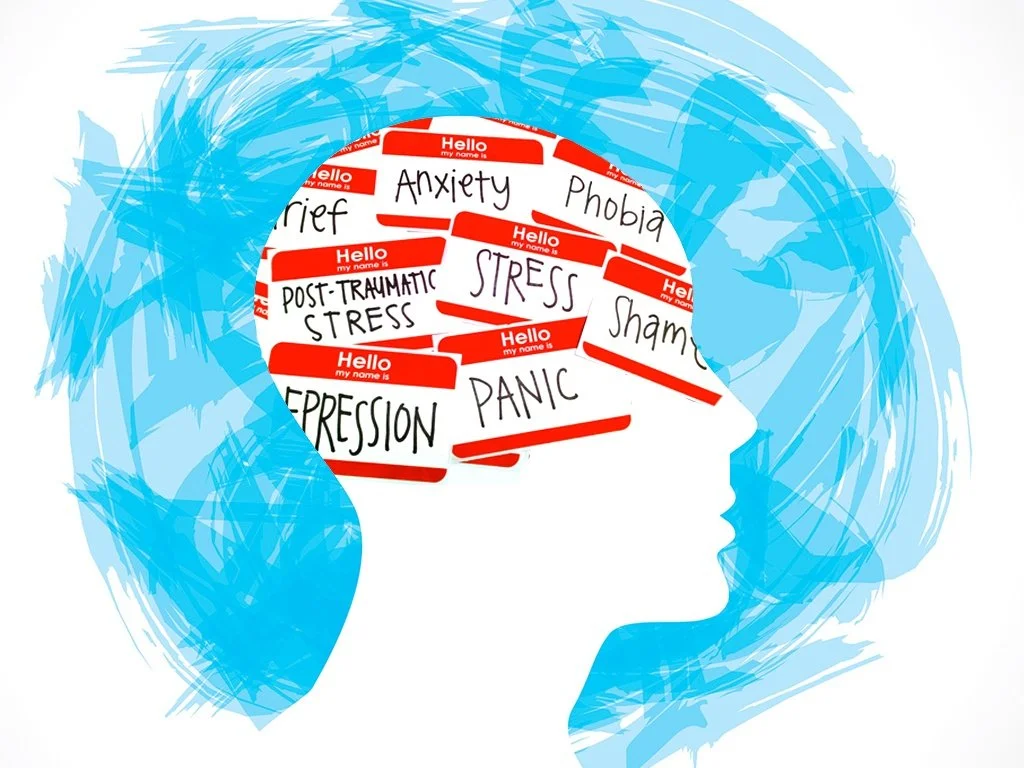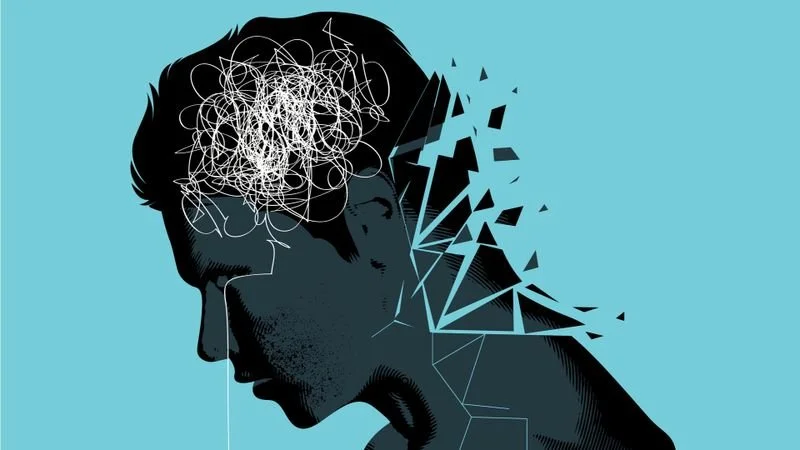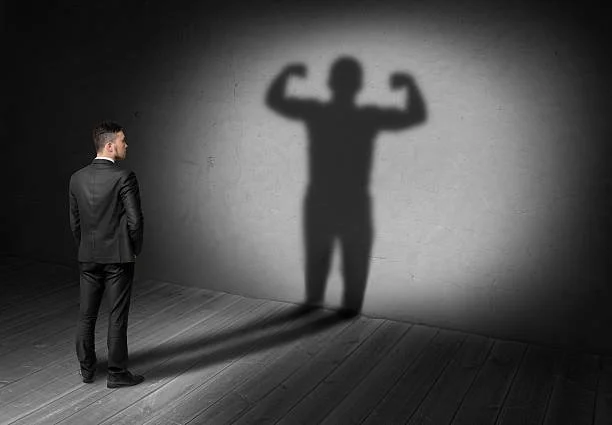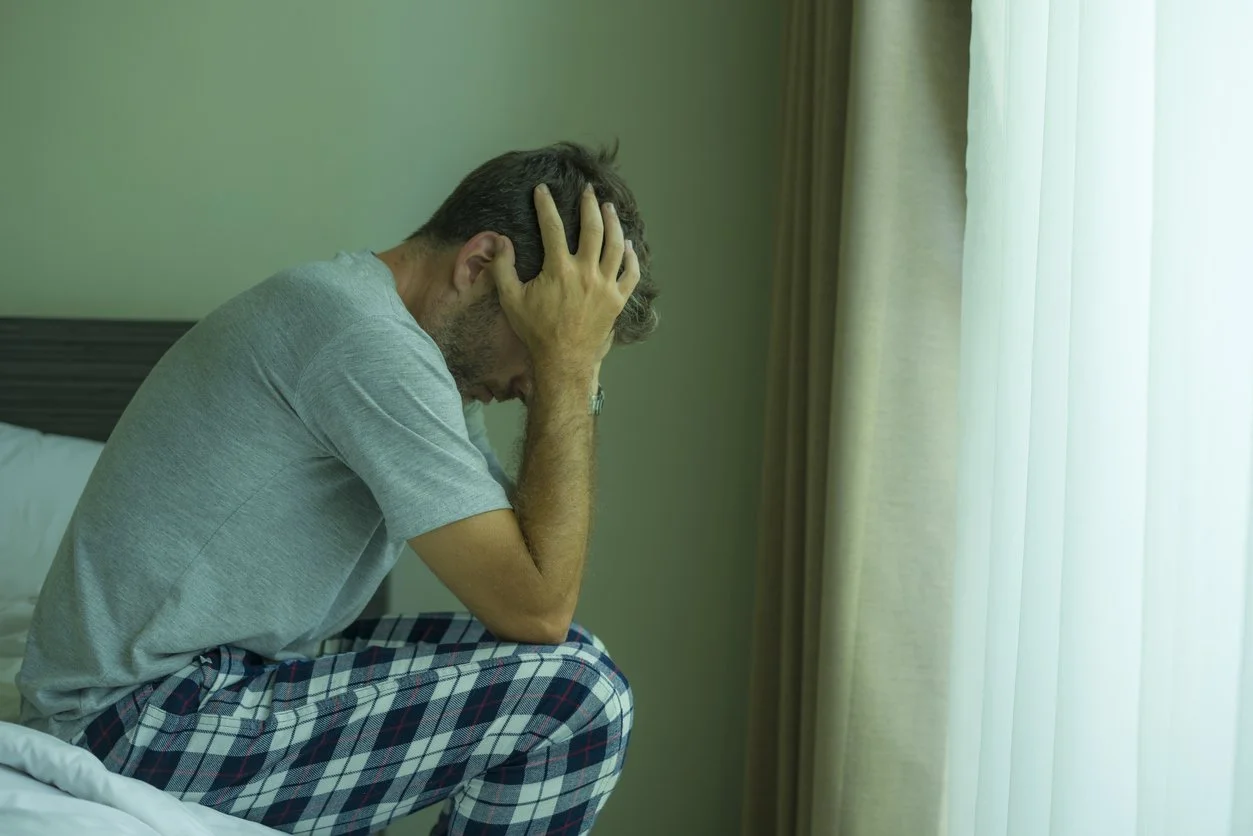Why 'Man up' is Not a Solution: Rethinking Masculinity and Mental Health
As we navigate the complexities of modern society, it's essential to revisit our perceptions and societal norms, particularly in the sphere of mental health. One area that demands attention is the intersection of masculinity and mental health, where the traditional directive to 'man up' has proven more harmful than beneficial. This article explores why 'man up' is not a solution and emphasizes the need for rethinking masculinity and mental health.
Societal Expectations and Masculinity
Traditionally, men have been taught to suppress their emotions, a concept deeply entrenched in societal expectations and the quintessential image of 'masculinity.' Phrases like 'man up,' 'be a man,' or 'boys don't cry' are commonplace, subtly imposing the idea that expressing vulnerability is a sign of weakness. However, such suppressive norms pose significant challenges to men's mental health.
The Impact of 'Man Up' on Mental Health
The notion of 'man up' is a powerful social directive that has far-reaching impacts on men's mental health. This term is often used to dismiss men's emotional reactions and reinforce the idea that strength and resilience are about suppressing emotions and pushing through pain. However, this normative model of stoic masculinity can lead to harmful outcomes. Men who adhere to these traditional norms may feel compelled to hide their emotional pain and suffer in silence, thus increasing the risk of serious mental health conditions such as anxiety, depression, and even suicide.
The Mental Health Crisis Among Men
In terms of mental health, men are far less likely than women to seek help, due in part to the societal stigma associated with men showing vulnerability. According to the American Foundation for Suicide Prevention, men died by suicide 3.63x more often than women in 2019, indicating a serious mental health crisis among men. This higher suicide rate among men is attributed to several factors, including the reluctance to seek help, the use of more lethal means, and a higher rate of successful suicide attempts compared to women.
Less Likely to Seek Help
Research consistently shows that men are less likely to seek help for mental health issues, largely due to societal stigma and the pressure to conform to traditional masculine norms. The stigma associated with mental health issues often prevents men from acknowledging their struggles and seeking the necessary support, leading to unaddressed and escalating mental health problems.
Undiagnosed and Unaddressed Mental Health Conditions
Men are not only less likely to seek help, but they are also less likely to be diagnosed with conditions such as depression or anxiety due to the gender bias in diagnosing mental health disorders. As a result, many men suffer from undiagnosed and unaddressed mental health conditions, exacerbating the crisis.
The Role of Substance Abuse
Compounding the mental health crisis among men is a higher rate of substance use and addiction. Men are more likely than women to use all types of illicit drugs, and illicit drug use is more likely to result in emergency department visits or overdose deaths for men than for women. Substance abuse often co-occurs with mental health disorders, creating a vicious cycle that can be challenging to break.
Toxic Masculinity and Its Repercussions
Toxic masculinity refers to the harmful norms and expectations associated with the traditional construct of manhood, such as emotional stoicism, dominance, aggression, and the dismissal of any behavior perceived as feminine or weak. This form of masculinity is termed 'toxic' because of its detrimental impact on individuals and society.
Emotional Suppression and Mental Health
At its core, toxic masculinity promotes emotional suppression, often leading to profound mental health consequences. The 'man up' directive implicitly tells men that emotions—apart from anger—are unacceptable and should be concealed. This emotional suppression can result in anxiety, depression, and a host of other mental health issues 3. Moreover, it discourages men from seeking the help they may need, creating a barrier to psychological support and treatment.
Aggression, Dominance, and Violence
Toxic masculinity also fosters aggression and dominance as key aspects of manhood. This belief can contribute to violent behavior, both physical and emotional, impacting interpersonal relationships and societal structures. It also contributes to self-harm and risk-taking behaviors, leading to higher rates of accidents, substance abuse, and legal issues among men.
Impact on Relationships and Communication
Relationships and communication are also significantly affected by toxic masculinity. Men influenced by toxic masculinity may struggle to form and maintain meaningful relationships due to their inability or unwillingness to express vulnerability, an essential component in close relationships. This can result in feelings of isolation and loneliness.
Systemic Problems Stemming from Toxic Masculinity
Moreover, toxic masculinity contributes to a broader systemic problem. By perpetuating stereotypes and encouraging harmful behaviors, toxic masculinity continues to support gender inequality and cultivates an environment conducive to violence and discrimination. It affects not only men but also people of all genders, contributing to societal issues such as domestic violence, sexual harassment, and gender discrimination.
In conclusion, toxic masculinity and its accompanying directive to 'man up' are not only unhelpful but harmful on multiple levels. It's crucial to challenge and dismantle these harmful norms and replace them with a healthier, more inclusive understanding of masculinity—one that embraces emotional expression, encourages empathy, and promotes equality.
The Shift from 'Manning Up' to 'Opening Up'
We must shift our focus from 'manning up' to 'opening up.' This reframing begins with acknowledging that men, like all human beings, have a full range of emotions, and it's not just okay but essential to express them. Encouraging open dialogues around mental health, promoting emotional literacy, and dismantling outdated gender norms can pave the way for a healthier and more inclusive understanding of masculinity.
In conclusion, we need to discard the outdated advice to 'man up.' Instead, let's embrace a redefined masculinity that champions emotional honesty, vulnerability, and mental health awareness. It's not about 'manning up,' but rather about 'human-ing up' – treating each other and ourselves with the compassion and understanding that every human deserves.





